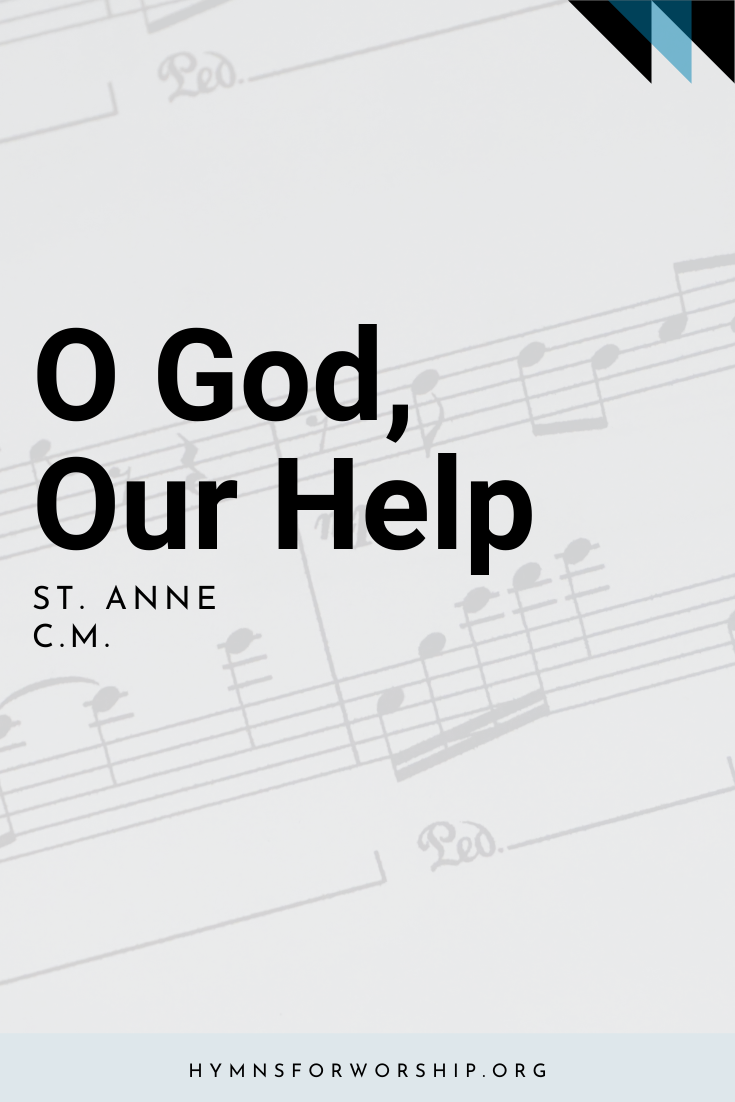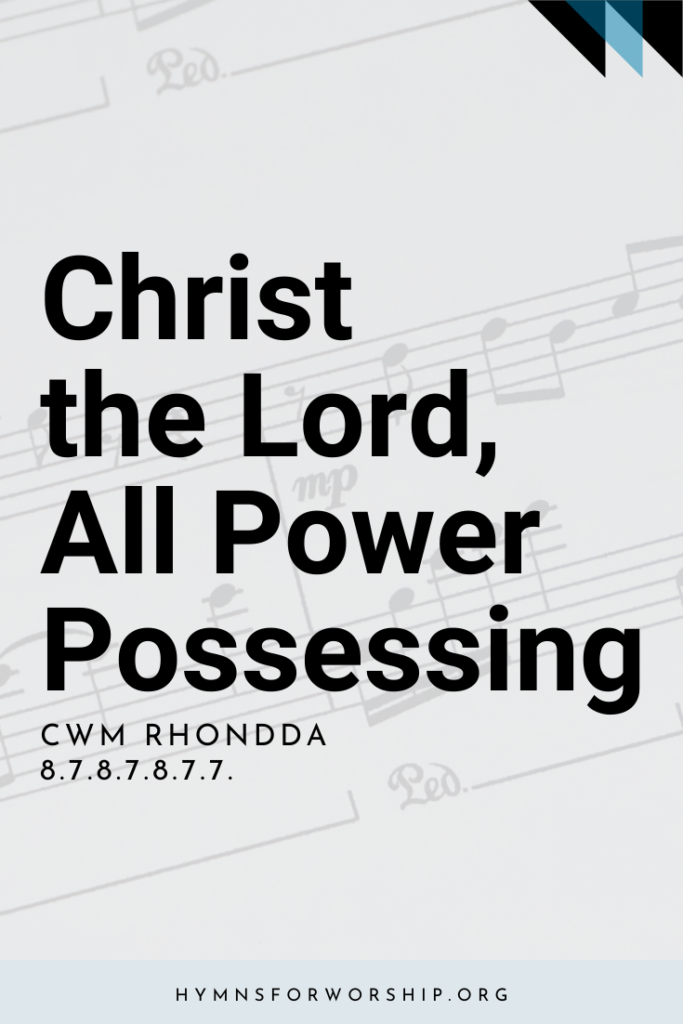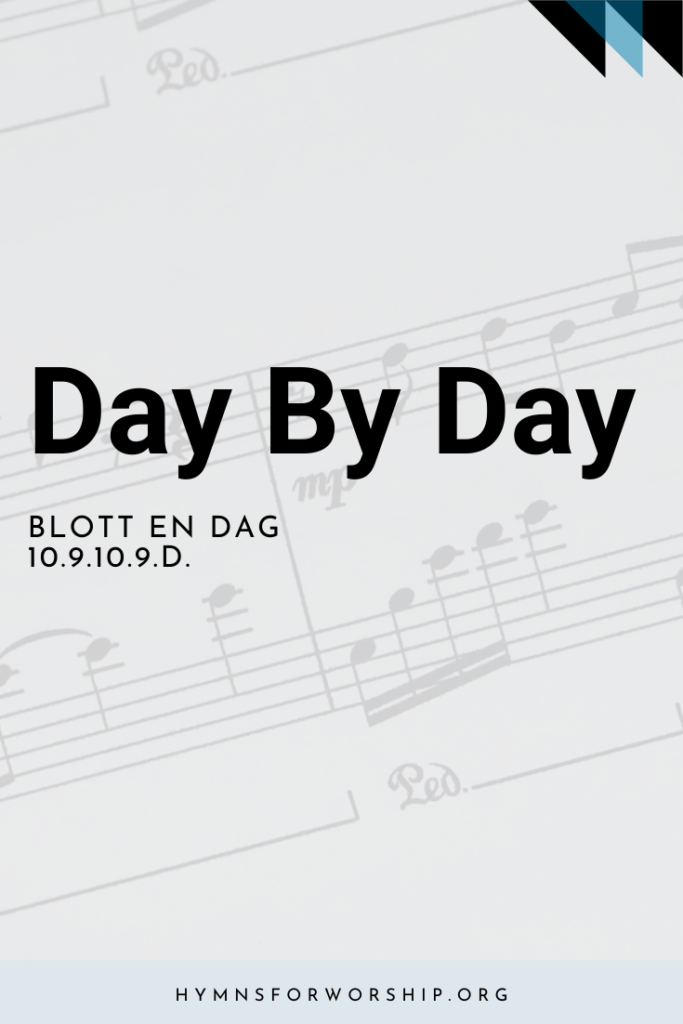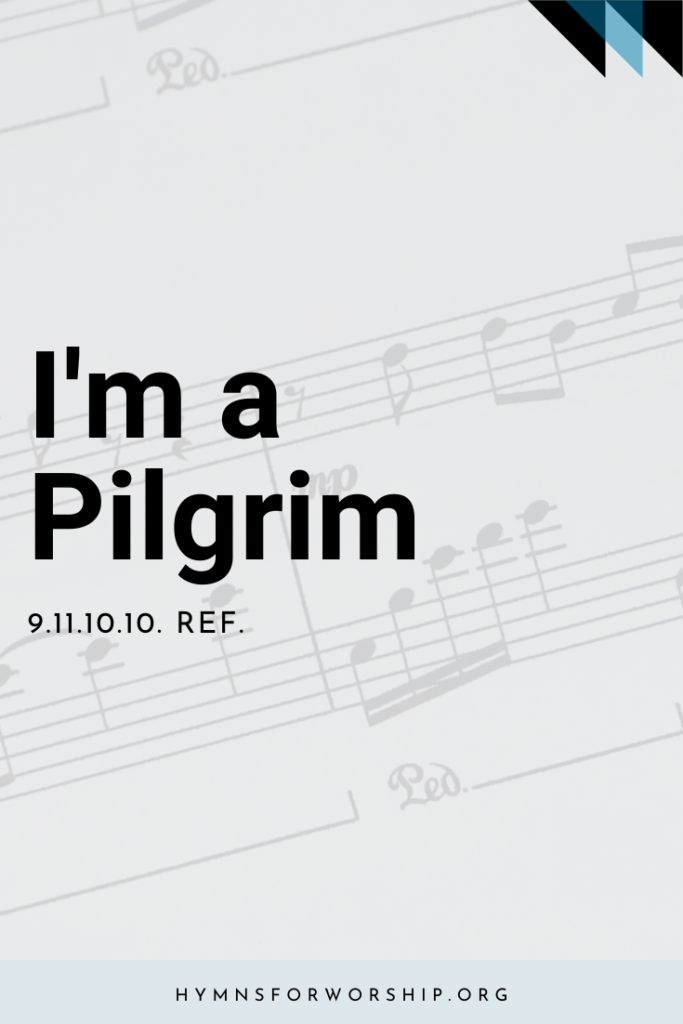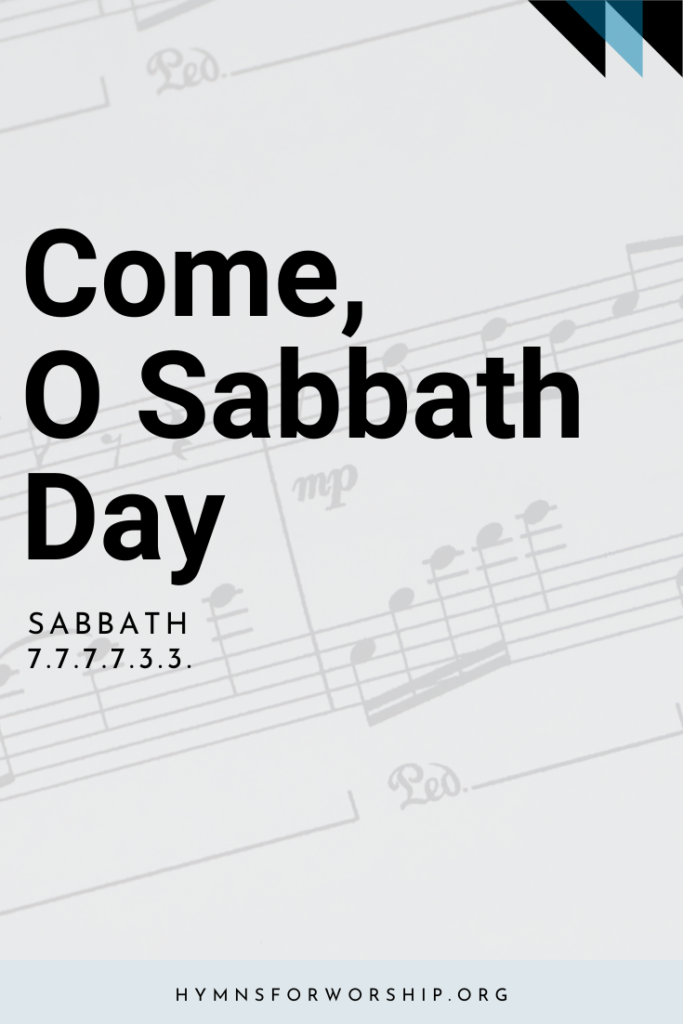GOD THE FATHER >> Faithfulness of God
SDAH 103
O God, our help in ages past,
our hope for years to come,
our shelter from the stormy blast,
and our eternal home!
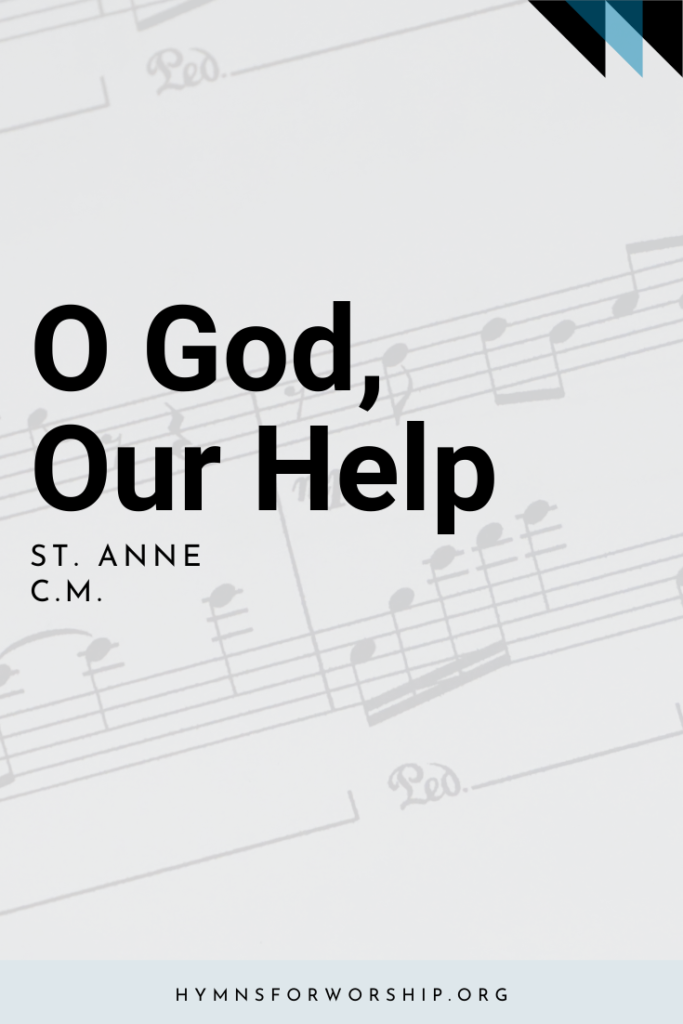
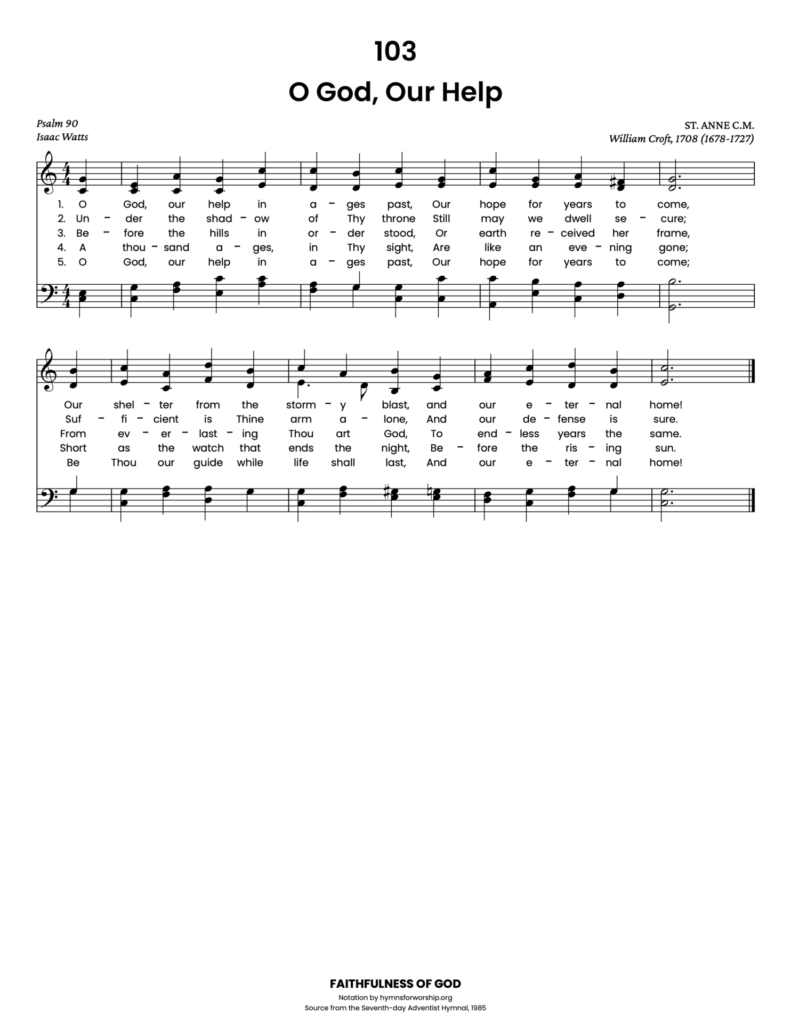
Get the hymn sheet in other keys here
For Worship Leaders
Make each hymn more meaningful with these helpful tools: Short, ready-to-use hymn introductions for church bulletins, multiple ways to introduce a hymn based on your worship theme and in-depth history and insights to enrich your song service.
Hymn Spotlight: O God, Our Help in Ages Past
This hymn is Isaac Watts’s powerful paraphrase of Psalm 90, a reflection on God’s eternal nature and humanity’s frailty. Written in 1714 during a time of political uncertainty for English Dissenters, it became a source of comfort and hope. Its poetic simplicity and enduring message have made it a timeless favorite. Since 1961, it has served almost like a second national anthem for the British Commonwealth.
The tune ST. ANNE was composed by William Croft while he was organist at St. Anne’s Church in London. It has inspired great composers like Handel and Bach, and remains a fitting companion to Watts’s majestic text. As we sing, may we find assurance in our unchanging God—our help in ages past, our hope for years to come.


Text
1
O God, our help in ages past,
our hope for years to come,
our shelter from the stormy blast,
and our eternal home!
2
Under the shadow of thy throne,
still may we dwell secure;
sufficient is thine arm alone,
and our defense is sure.
3
Before the hills in order stood,
or earth received her frame,
from everlasting, thou art God,
to endless years the same.
4
A thousand ages, in thy sight,
are like an evening gone;
short as the watch that ends the night,
before the rising sun.
5
O God, our help in ages past,
our hope for years to come;
be thou our guide while life shall last,
and our eternal home!

Hymn Info
Biblical Reference
Ps 90:1-4
Author
Isaac Watts (1674-1748)
Year Published
1719
Hymn Tune
ST. ANNE
Metrical Number
C.M.
Composer
William Croft (1678-1727)
Year Composed
1708
Theme
FAITHFULNESS OF GOD

